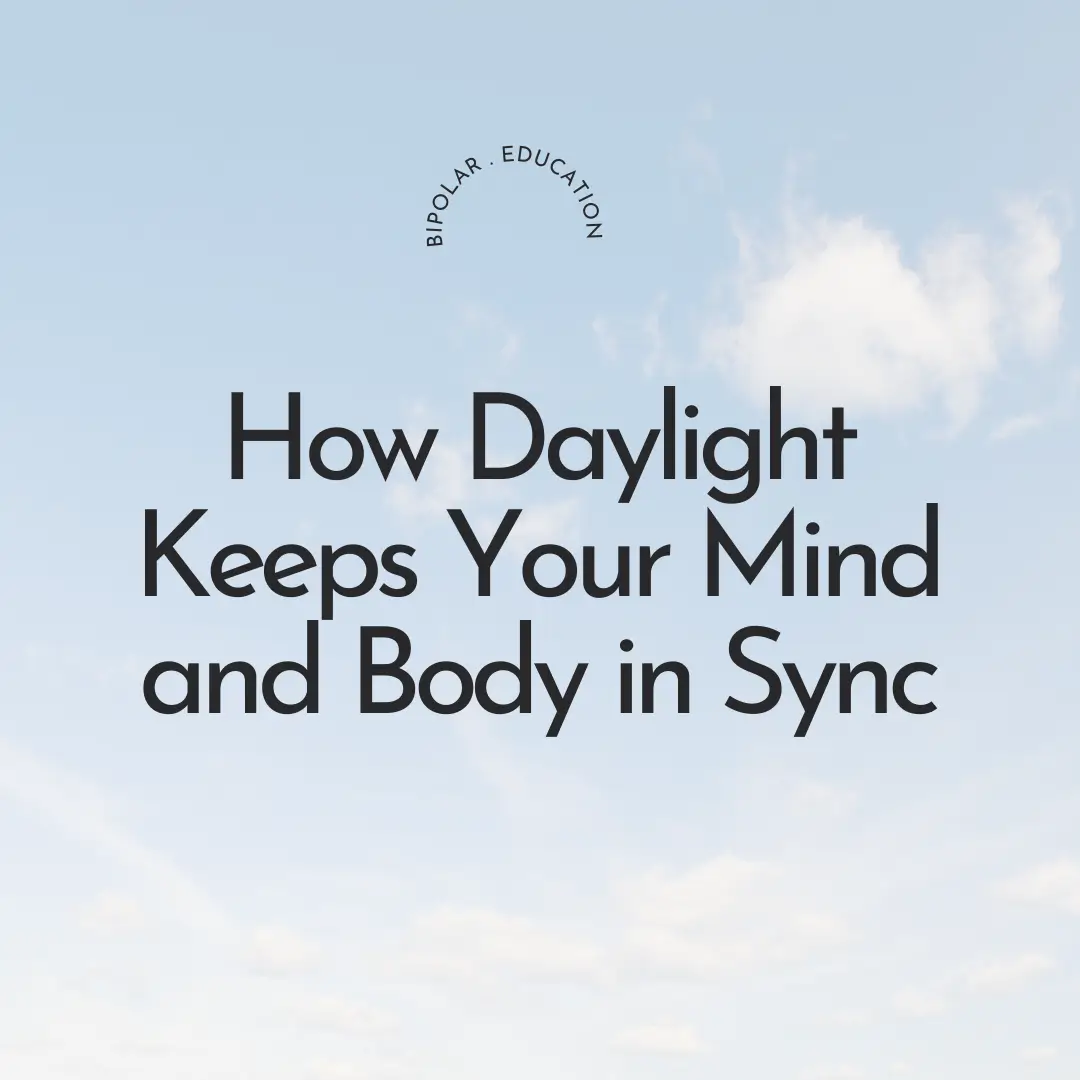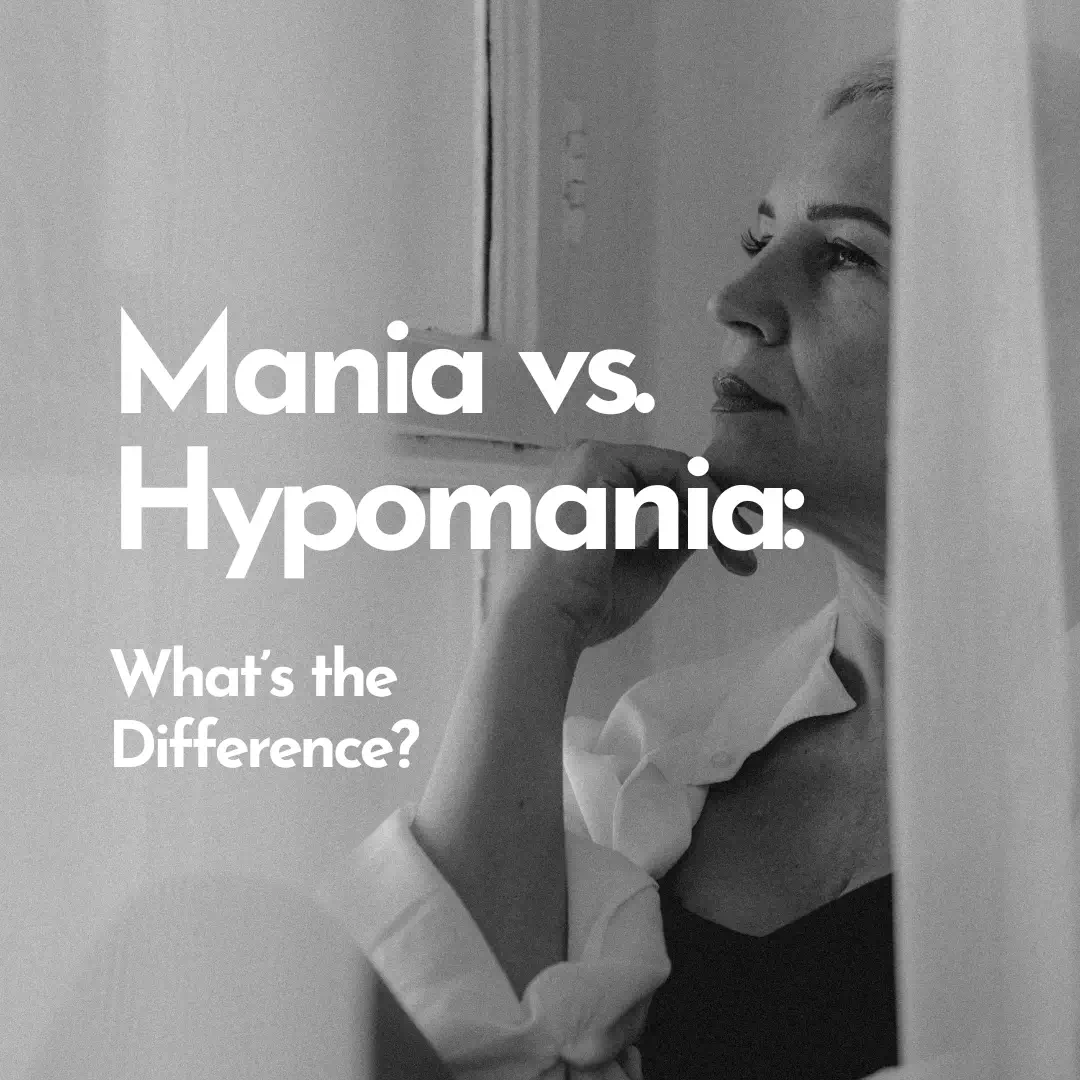In my sessions, I often hear patients say things like, “I just can’t focus anymore” or “My thoughts feel scattered, like I’m jumping from one thing to the next.” Distractibility is a common symptom of bipolar disorder that doesn’t always get the attention it deserves. It can feel frustrating and exhausting, making everyday tasks harder than they need to be.
What Is Distractibility?
Distractibility in bipolar disorder often shows up as an inability to concentrate or stay focused. It’s not the same as getting occasionally sidetracked—it’s more like your brain is constantly being pulled in different directions. You might start a project and then jump to another task without finishing, or you might find your thoughts racing so much that you can’t keep up with them.
Distractibility is a key symptom of mania and hypomania. During these episodes, the brain is in overdrive, making it harder to filter out irrelevant thoughts or external stimuli. Even during depressive phases, distractibility can sneak in, often fueled by low energy and lack of motivation.
One patient shared that they’d spend hours starting new tasks—cleaning out a closet, writing emails, planning a trip—but rarely finished anything. By the end of the day, they felt overwhelmed by the chaos they’d unintentionally created.
How Does Distractibility Affect Daily Life?
Distractibility can have a ripple effect on nearly every part of life. At work, it might mean missing deadlines or struggling to complete assignments. At home, it can lead to disorganised spaces or forgotten commitments. For some, relationships are impacted when they can’t stay present in conversations or follow through on promises.
In extreme cases, distractibility can even contribute to unsafe situations. For example, one patient described nearly causing a car accident because their attention kept shifting between the road and their racing thoughts.
Why Does This Happen in Bipolar Disorder?
Distractibility is linked to the brain’s regulation of attention and executive functioning. During mania or hypomania, the heightened energy and rapid thoughts make it challenging to focus. It’s as if the brain’s filter is off, letting in too much information at once. On the flip side, during depression, low energy and negative thinking patterns can make it hard to stay engaged.
Managing Distractibility
Fortunately, there are ways to manage distractibility and regain control. In my practice, I often recommend:
- Mindfulness Techniques: Practices like meditation or deep breathing help ground you in the present moment and reduce mental clutter.
- Structured Routines: Establishing a consistent daily schedule can help minimise decision fatigue and keep you focused.
- Cognitive Behavioral Therapy (CBT): This therapy can help identify and address thought patterns that contribute to distractibility.
- Medication Adjustments: For some, managing distractibility may involve fine-tuning their medication with the help of a psychiatrist.
Finding Focus Again
Distractibility doesn’t have to control your life. With the right strategies and support, it’s possible to manage this symptom and improve focus. For more practical tools and insights, check out my self-paced e-learning module on managing bipolar disorder—it’s designed to help you take control and find balance in your life.




